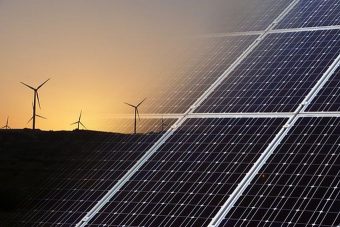Montreal 27.9. – The International Air Transport Association (IATA) urged governments at the 39th Assembly of the International Civil Aviation Organization (ICAO) to agree a global market-based measure to help the aviation industry manage its carbon footprint.
At the top of the agenda for the ICAO Assembly is the proposal for the Carbon Offset and Reduction Scheme for International Aviation (CORSIA).

“The global aviation industry has turned out in force to encourage governments to make history by agreeing to implement CORSIA. This will be the first global agreement of its kind for an industrial sector. We are committed to carbon neutral growth from 2020. CORSIA, along with measures to improve technology, operations and infrastructure, will keep aviation at the forefront of industries responsibly managing their climate change impact,” said Alexandre de Juniac, IATA’s Director General and CEO.
IATA member airlines passed resolutions at their Annual General Meeting (AGM) in 2013 and again in 2016, calling on governments to implement a global market-based measure (GMBM) to help manage aviation’s carbon footprint. The GMBM must focus on real emissions reductions (not revenue raising for governments), take into consideration differing circumstances of airlines based on maturity of markets, and not distort competition.
“We have a pragmatic compromise in the current CORSIA proposal. And with some 60 states already committed for the voluntary period, momentum is building. We still need more states to demonstrate their leadership and commitment to sustainability by joining,” said de Juniac.
A GMBM must be implemented as part of the package of measures in the industry’s four-pillar strategy on climate change. The GMBM is a critical gap-filler until improvements in technology, operations and infrastructure can fully realize the industry’s sustainability goals. These goals are:
An average fuel efficiency improvement of 1.5% annually to 2020
Carbon neutral growth from 2020
Reducing net 2050 carbon emissions to half 2005 levels
Security
Security will also feature prominently at the Assembly in light of UN Security Resolution 2309 passed on 22 September 2016. Under the leadership of ICAO, the Security Council reinforced the importance for national governments to invest in measures to keep aviation secure in light of evolving terrorist threats.
“The terrorist menace is hovering over our world, including the aviation industry. It is encouraging to see governments addressing the threats to aviation security at the highest international levels. We fully support ICAO’s leadership in helping states to meet their responsibilities on security. Keeping our passengers and crews safe from harm is a top priority for aviation. We look forward to contributing our operational expertise to help in any way that we can,” said de Juniac.
Source: IATA




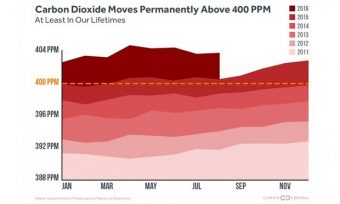 We are now living in a 400ppm world with levels unlikely to drop below the symbolic milestone in our lifetimes, say scientists. Climate Central reports.
We are now living in a 400ppm world with levels unlikely to drop below the symbolic milestone in our lifetimes, say scientists. Climate Central reports.


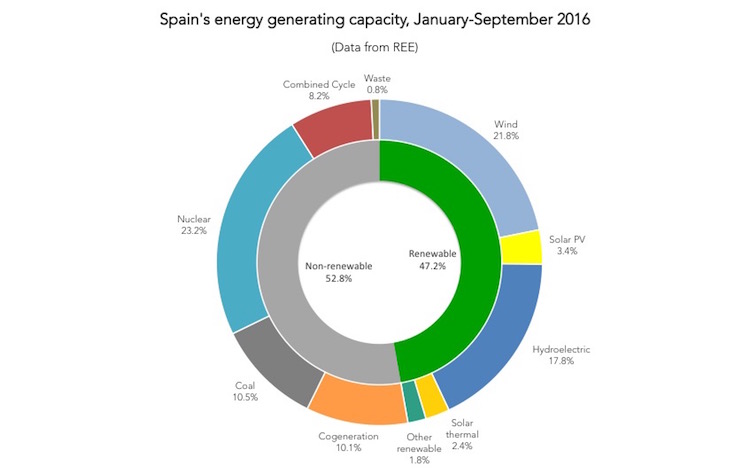
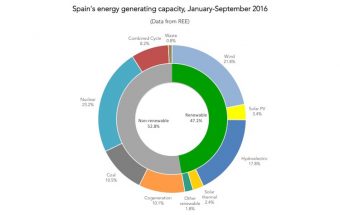 Over the first eight months of this year, Spain averaged an impressive 47.2 percent renewable energy share in its generation mix. The achievement was reported by Spanish electricity transmission system operator, Red Electrica de Espana (REE).
Over the first eight months of this year, Spain averaged an impressive 47.2 percent renewable energy share in its generation mix. The achievement was reported by Spanish electricity transmission system operator, Red Electrica de Espana (REE).

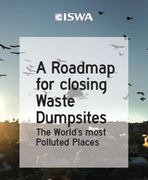


 The Secretariat’s Annual Implementation Report published today outlines the progress achieved by the Energy Community Contracting Parties in implementing the acquis communautaire under the Energy Community Treaty. The current state of implementation is marked by Albania, Kosovo*, Moldova, Montenegro, Serbia and partially Ukraine having transposed the Third Energy Package. Bosnia and Herzegovina and former Yugoslav Republic of Macedonia continue to fail in this endeavour, more than one and a half years after the transposition deadline set by the Ministerial Council.
The Secretariat’s Annual Implementation Report published today outlines the progress achieved by the Energy Community Contracting Parties in implementing the acquis communautaire under the Energy Community Treaty. The current state of implementation is marked by Albania, Kosovo*, Moldova, Montenegro, Serbia and partially Ukraine having transposed the Third Energy Package. Bosnia and Herzegovina and former Yugoslav Republic of Macedonia continue to fail in this endeavour, more than one and a half years after the transposition deadline set by the Ministerial Council.


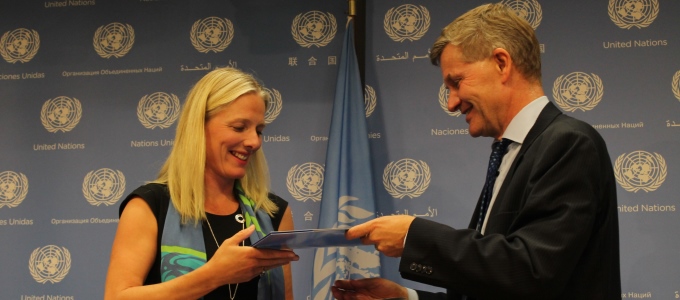
 Canada last week demonstrated its commitment to environmental action as Minister of Environment and Climate Change, Catherine McKenna, and UN Environment chief Erik Solheim announced that Canada will host World Environment Day in 2017.
Canada last week demonstrated its commitment to environmental action as Minister of Environment and Climate Change, Catherine McKenna, and UN Environment chief Erik Solheim announced that Canada will host World Environment Day in 2017.





